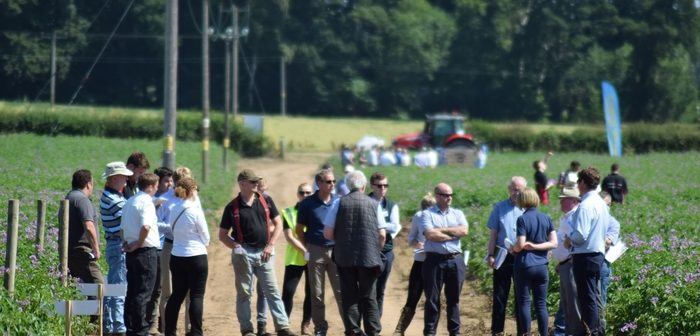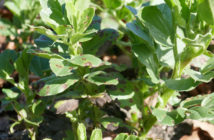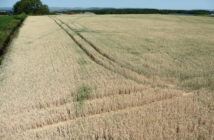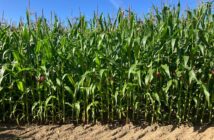The Agriculture and Horticulture Development Board (AHDB) has taken a significant step to improve its offering and better support farm businesses in the arable sector.
AHDB’s Cereals and Oilseeds and its Potatoes Knowledge Exchange (KE) Teams will unite this month to create a single Arable Team – bringing together a wider range of expertise for the industry.
As a result, four new roles have been created, taking the headcount in arable knowledge exchange from 20 to 24.
Rob Clayton, AHDB strategy director for Potatoes, said: “Our Knowledge Exchange Teams exist to help farming business in the UK to become more profitable and resilient. This can be achieved by adopting the latest technical and scientific advances and good growing and production practices.
“Our analysis to date points to a relatively positive post-Brexit picture for potatoes. But taking advantage of this depends on strong links between researchers, agronomists and growers, and a platform for discussion between farmers and their peers. We believe that through expanding and aligning our Arable KE Teams, we will be best placed to deliver this.”
The new roles, two regional KE Managers and two knowledge transfer (KT) positions based at AHDB Headquarters in Stoneleigh, are potatoes focused – increasing Potatoes KE headcount from six to 10. The number of cereals positions remains unchanged at 14.
Individual team members will retain their existing sector focus, but are encouraged to look for opportunities to work together. They will report to a single Head of Arable KE, Tim Isaac – formerly head of Cereals and Oilseeds KE.
Chair of the AHDB Potatoes Board Dr Sophie Churchill OBE said: “Being part of a strong and larger arable team allows our Potato KE Managers to better support growers who mix their potato crop with other arable crops. It also allows them to access a broader and deeper range of expertise to the benefit of the potato sector.
“Critical issues such as soil health are best considered in an integrated way across the farm and its rotations. But we shall also continue to focus on the specific issues for potato cultivation, which requires a high level of specialist knowledge and skills.
“We have continued to invest in knowledge exchange through our farm excellence programme – our fifth active SPot Farm came on board in 2018. By expanding our team, and setting the structure for improved collaboration with others in the arable sector, we are better able to provide growers with the tools they need to succeed.”




